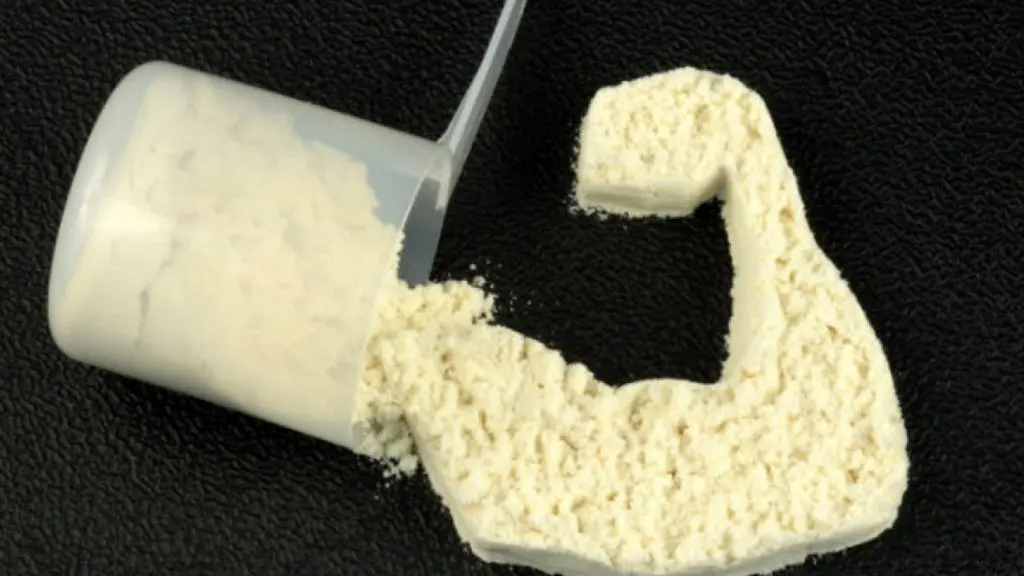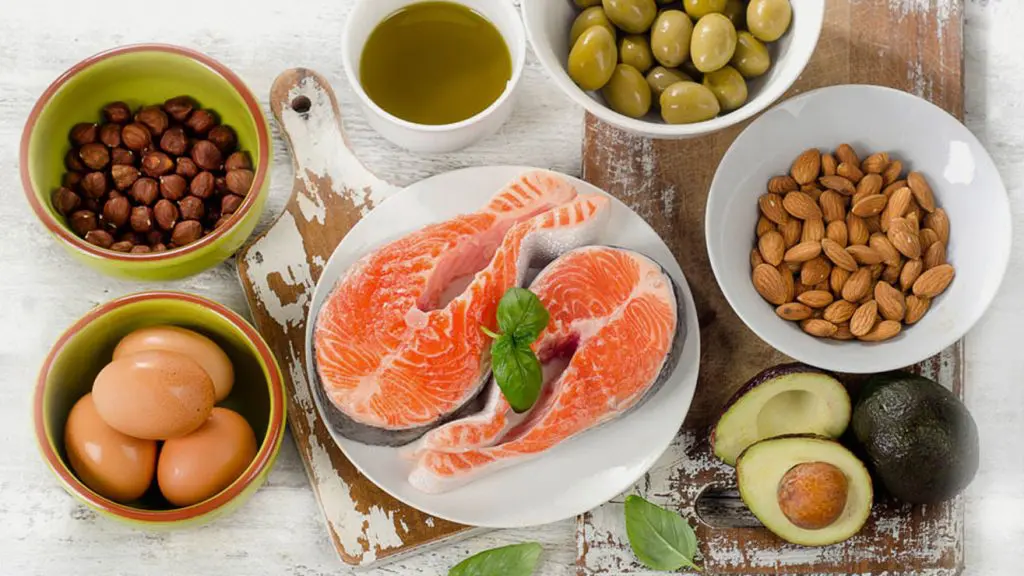The ideal macronutrient ratio?
Well, it’s that time of year again. The summer has come and many people have started to focus on building more muscle to show off at the beach. We know for the already trained individual we need a caloric surplus to build muscle, but what kind of calories should they be?
Are we better off upping our protein intake to build muscle? After all muscle is made of mostly water and protein. What about carbs? Carbs give you more energy to fuel your body through those intense workouts. Maybe fat, since high fat intake has been shown to increase testosterone levels which can only help with building muscle. Or are we better off splitting everything equally to utilize the best of all worlds? That’s what we set off to try to determine in my next series starting with this article.
Protein
It’s fairly common to hear you need a lot of protein to build muscle. I’m sure you’ve heard before you need 1 gram, 1.5 grams, 2 or even 2.5 grams of protein per pound of body weight to build muscle. Protein is certainly good and obviously needed to increase muscle-protein synthesis, but when it comes to a muscle-building stage it has been largely overrated. More is not always better. Research published in the Journal of Applied Physiology showed when protein consumption was increased from 1.35 grams per kg of body weight to 2.62 grams per kg per day it did not increase muscle mass or strength in a double-blind cross-over study. (1)
Certainly getting enough protein in your diet is imperative for building muscle, considering it’s the only macromolecule used to synthesize muscle tissue. So if you aren’t eating enough protein you aren’t maximizing muscle-protein synthesis and in turn not maximizing your potential muscle gains. However going above and beyond the necessary amount will only be added calories and be taking away from the other macronutrients which also have benefits for building muscle. Yes, it’s a fine line.
Research has shown that .82 grams of protein per pound of body weight is the upper limit at which protein intake can benefit body composition in strength athletes. (2) This could, however, be for the strength athlete with a slower metabolism. It’s my opinion for individuals looking to build muscle they should consume somewhere between .8 and 1.3 grams per pound of body weight daily. If you have a slower metabolism you should aim towards the bottom of the spectrum and if you have a faster metabolism aim towards the higher end. Keep in mind that not getting enough protein will mean not maximizing muscle-protein synthesis while too much is just added calories.
Personally, I’d rather be on the safe side of getting enough in, while making sure to not overdo it.
Carbohydrates
Carbohydrates are often underutilized in a bulking cycle. Carbs are very protein sparing and they give you the energy needed to fuel those intense workouts needed to build muscle. Carbohydrates also increase glycogen stores which are needed for your workouts, plus if glycogen levels are low your body will use amino acids and fats for energy which in turn means you will be losing amino acids that could be used for muscle-protein synthesis.
Your body’s first source of energy is ATP which is used up in about 10 seconds of maximal effort. After your stored ATP has been used up your muscles use the stored phosphocreatine and then will begin to break down glycogen in order to produce ATP once again. As you can probably tell low glycogen levels would not do anyone who lifts intensely, or all of you out there reading this I hope, any favors. All the more reason to eat plenty of carbohydrates when on a bulking cycle. More carbs = more energy and more strength. Of course, all carbs are not created equal and you want to try to consume mostly complex carbohydrates with a low GI number to keep fat gain to a minimum.
Fats
The consumption of fats is another fine line when it comes to how much you should eat. As previously mentioned too few fats and you will likely have low levels of circulating testosterone (3) but at the same time while it’s true if you eat a lot of fat you’ll have more circulating testosterone, at the same time if you eat too much fat you won’t have enough room to fit in the proper amounts of the other macronutrients and you will be deficient in those areas. Plus fats are the easiest molecule to be stored as body fat, so with calories already high from a bulking phase, keeping fats moderate become even more important to reduce body fat storage. It’s my recommendation to keep fats somewhere between 20-30% of your total calories to keep testosterone high enough but still allow enough room for the other macronutrients.
The other question when it comes to fats is which kinds of fats should you consume? You should get a good amount of omega-3’s and unsaturated fats. However, at the same time, you don’t want to completely cut out saturated fats either. Saturated fats and cholesterol are needed for steroid hormones including testosterone. This doesn’t mean you should eat mostly saturated fats though as saturated fats are more likely to be stored as body fat than unsaturated fats are. I recommend in order to keep the proper hormonal balance and to keep stored fat in line to consume around 1/3 of your total fat intake as saturated fat.
The fat you want to try to avoid at all costs are trans-fats. These fats are very difficult for your body to metabolize and in turn, are easily stored as fat. A tip to watch for with trans-fats is to look for hydrogenated or partially hydrogenated oils in the ingredients list. This is a way for companies to hide trans-fat especially when doses are lower per serving than the FDA requires companies to report (if there is less than .5 grams of trans-fat per serving it can be reported as 0 on the food label.) An example of this would be many peanut butter that are not natural, as these oils are used to prevent the peanut oil from separating from the ground peanuts. Although small amounts of trans-fat occur naturally in some meats and dairy products, it’s the trans-fats in processed foods that appear to be more harmful.
Final Words
By now you have a pretty good idea of roughly how much of each macronutrient to consume to build muscle, but of course, genetics play a large role in what works for each individual. In the next article, we will look at the role of genetics, talk about just how many calories over maintenance we should really go during a muscle-building phase to maximally build muscle while trying to keep fat storage to a minimum and look a little closer at protein.
Read also:
Tip: If you're signed in to Google, tap Follow.














